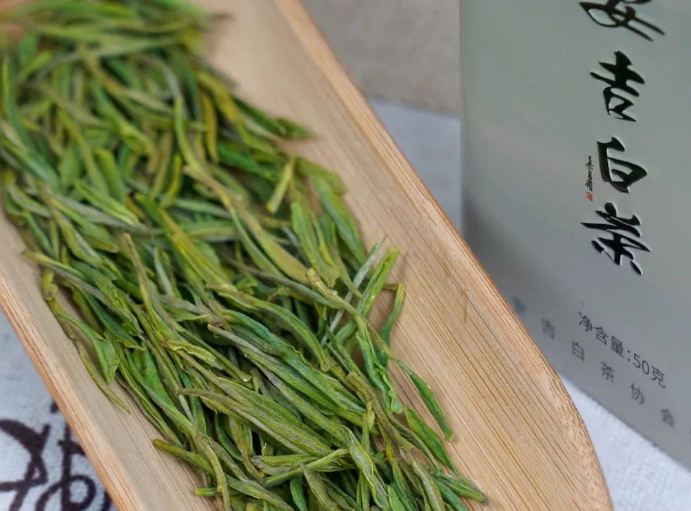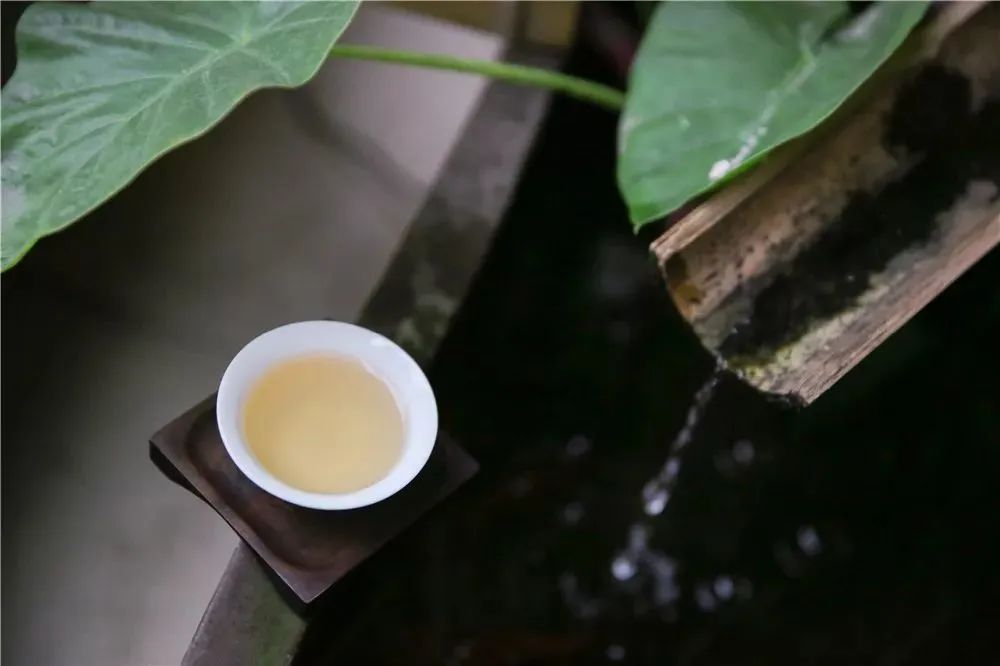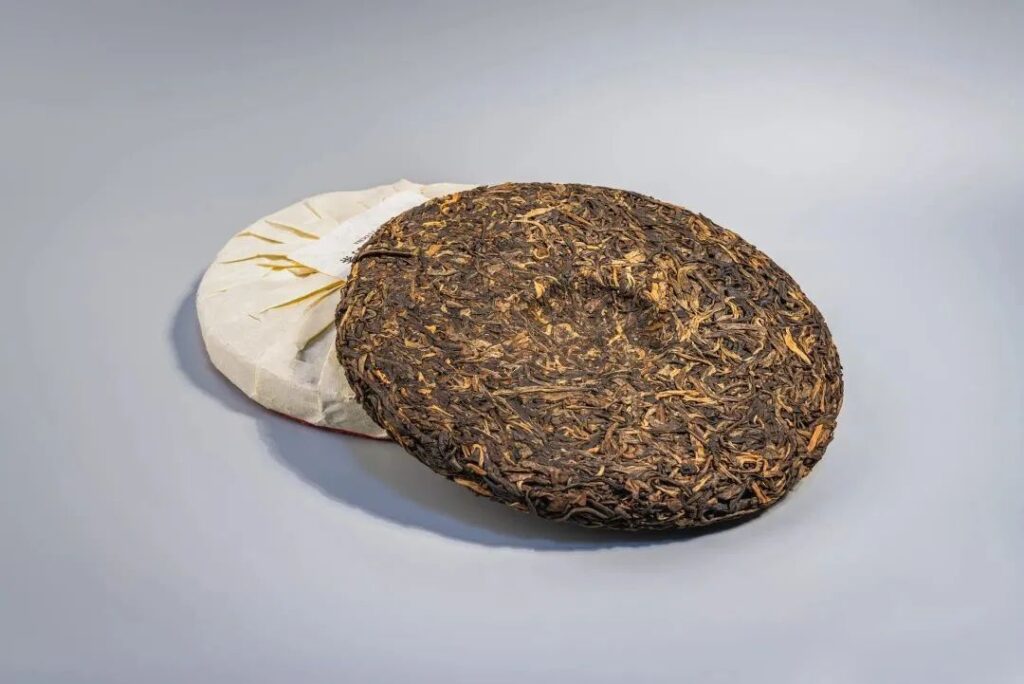During the hot and humid summer months, improper storage can ruin your fine tea! High temperatures and frequent rainfall in summer require attention to both heat and moisture when storing tea. A moment of inattention to details can turn your precious tea into tasteless ‘rotten leaves’… Surely, no one wants their fine tea to become flavorless due to improper storage. What are the taboos to avoid when storing tea in summer? Should all teas be refrigerated? Let’s learn together today!
Taboo 1: High Temperature Storage of Tea
High temperature is the first taboo in summer tea storage because it accelerates the decomposition of chlorophyll in tea leaves, leading to faster brown,ing affecting the freshness, and reducing the quality of the tea. Generally, for every 10°C increase in temperature, the rate of tea browning can increase by 3-5 times! Depending on the characteristics of the six major types of tea, the storage environment usually requires low or room temperature.
Taboo 2: Direct Sunlight Exposure
Storing tea in direct sunlight is also very harmful! Tea is sensitive to light, and ultraviolet rays under strong light can oxidize pigments and lipids in the tea, causing a ‘sunlight flavor’. Therefore, it is essential to store tea away from light in the summer, using multi-layer sealing methods such as plastic bags, aluminum bags, and cardboard boxes to avoid direct sunlight exposure, and avoid storing tea in glass containers!
Taboo 3: High Humidity and Poor Ventilation
Tea has a strong hygroscopic nature, and in the high heat and humidity of summer, especially in southern regions with frequent plum rain weather, the air is damp. When storing tea, it is important to control the appropriate humidity and maintain a dry and ventilated environment to prevent mold growth. Generally, tea with a water content of less than 6% is more stable in quality; when the water content exceeds 8%, the tea is prone to; aging and when the water content of a tea exceeds 12%, it is very likely to mold, and the quality of the tea is greatly damaged.
Taboo 4: Lack of Odor Isolation
Due to its porous structure, tea is very susceptible to absorbing odors. When storing tea in summer, it is important to choose a space without miscellaneous odors and to isolate odors during storage. Foods with strong flavors should not be placed too close to tea, as they can affect the taste when brewed; in addition, it is important to ensure that the packaging materials for tea are odorless, and it is best to store tea in a sealed manner to better isolate odors.
Taboo 5: Blind Refrigeration of Tea
First, we need to understand the logic behind storing tea in the refrigerator. The purpose of refrigerating food is to preserve freshness, and the same applies to tea! Storing tea in the refrigerator can indeed reduce the oxidation of tea, thus maintaining its freshness. However, not all teas are suitable for refrigeration! Among the six major types of tea, some value freshness, while others pursue aging. To generalize and blindly store all teas in the refrigerator may lead to the opposite effect.
Which teas must be stored in the refrigerator, and which should not? What should be considered when storing tea in the fridge?
Teas that must be refrigerated:
01 Green Tea: The essence of enjoying green tea is its ‘freshness’. Storing green tea in the refrigerator can effectively preserve its vibrant green color and refreshing taste. Generally, if green tea is to be consumed within a short period, it can be stored at 0-5 degrees Celsius; if stored for more than half a year, it is best to freeze it – at10 to -18 degrees Celsius.
02 Fragrant Oolong Tea: It is also necessary to store fragrant oolong teas in the refrigerator, such as Tieguanyin and light-aroma Zhangping Narcissus. These teas are recommended to be stored in the refrigerator to maintain their high aroma and sweet taste, as their fragrance can easily deteriorate under the influence of temperature, light, and oxygen at room temperature.
Four key points for storing tea in the refrigerator:
Before placing tea in the refrigerator, ensure it is sufficiently dry. If the tea is damp, storing it in the refrigerator will not preserve it but may cause it to spoil.
Tea placed in the refrigerator must be sealed to prevent odors from other foods. It is best to store it in a sealed bag and then place it in an airtight container to isolate it from odors.
When drinking tea from the refrigerator, it is best to take out only what is needed, not to open the seal too wide, and to reseal it immediately after use to avoid excessive contact with oxygen, which can cause spoilage.
Tea that has been stored in the refrigerator should not be consumed directly; it is best to rinse the tea with hot water first to remove the ‘cold air’ before brewing and drinking for a better taste.
In conclusion, everyone should now have a clear understanding of the taboos of storing tea in the summer, which teas can be stored in the refrigerator, and the precautions take to.



